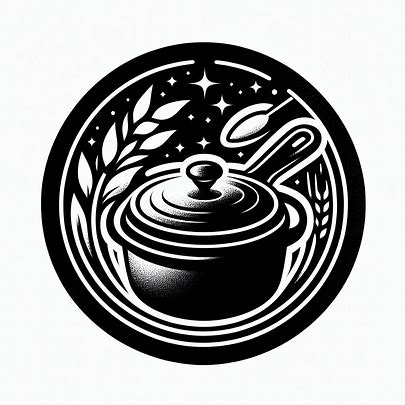CAST IRON FOR GRID OUTAGES – Cast iron cookware is a reliable choice during grid outages, providing consistent performance for various cooking needs. Its durability, heat retention, and versatility make it ideal for long-term use, even under challenging, power-free conditions. Proper care is key to preserving its function and preventing rust. Here, as The Sunflower Chef, I share essential steps to keep your cast iron in prime condition, ready for any meal, no matter the situation. Let’s review these important care practices tailored for grid outages for cast iron. You should print a copy of the page “CAST IRON FOR GRID OUTAGES” to place in your 3-ring binder.
Cast Iron For Grid Outages: Essential Cast Iron Care: Cleaning, Drying, and Re-Seasoning for Long-Lasting Use

Clean Immediately After Use
To protect the cast iron’s non-stick surface and seasoning layer, clean it right after cooking. Use warm (but not too hot) water and a gentle scrub. Avoid soap if possible, as it can remove the seasoning; however, a small amount of mild soap may be used if necessary.
Best Practice: For food particles, use a non-metal scrubber or a stiff brush. Coarse salt can also act as a gentle abrasive when needed.
Clean Immediately After Use
To protect the cast iron’s non-stick surface and seasoning layer, clean it right after cooking. Use warm (but not too hot) water and a gentle scrub. Avoid soap if possible, as it can remove the seasoning; however, a small amount of mild soap may be used if necessary.
Best Practice: For food particles, use a non-metal scrubber or a stiff brush. Coarse salt can also act as a gentle abrasive when needed.
Thoroughly Rinse and Dry
After scrubbing, rinse thoroughly with warm water to remove any food residue. Completely dry the cast iron with a towel or, for additional drying, place it over low heat on the stove to remove any lingering moisture. This step is essential since even slight moisture can lead to rust.
Tip: Drying and adding a thin layer of oil immediately after cleaning helps prevent rust and maintains the non-stick layer.
Re-Season Regularly
Regular re-seasoning keeps cast iron functioning at its best, particularly when it’s in heavy use, like during outages. After cleaning, apply a thin layer of high-smoke-point oil, such as vegetable or flaxseed oil, across the entire pan, including the handle and bottom. Heat the oiled pan in a low-temperature oven to bond the oil with the cast iron for enhanced seasoning.
CAST IRON FOR GRID OUTAGES: Rust Prevention in Cast Iron for Grid Outages
Avoid Soaking and Harsh Detergents
Avoid soaking cast iron in water, which can break down the seasoning and cause rust. It’s also best not to place cast iron in a dishwasher. Instead, hand wash it with hot water, using only minimal soap when necessary.
Storage Tip: Ensure the pan is fully dry before storing. Place a paper towel between each piece to protect the seasoning layer if stacking.
Handling Rust and Re-Seasoning
Rust may appear on cast iron, especially in humid storage areas or after extensive use. Scrub rusted spots with steel wool or a rust eraser until fully cleared. Once rust-free, re-season the pan to restore its protective coating.
Remember: Frequent use helps maintain the seasoning, as cooking with oils and fats naturally reinforces the non-stick coating.
Special Considerations for Enameled Cast Iron
While enameled cast iron does not require seasoning, it does benefit from gentle handling to protect its enamel coating. To maintain the enamel’s quality, avoid abrasive cleaners and high heat. Your CAST IRON FOR GRID OUTAGES is your friend during emergencies.
